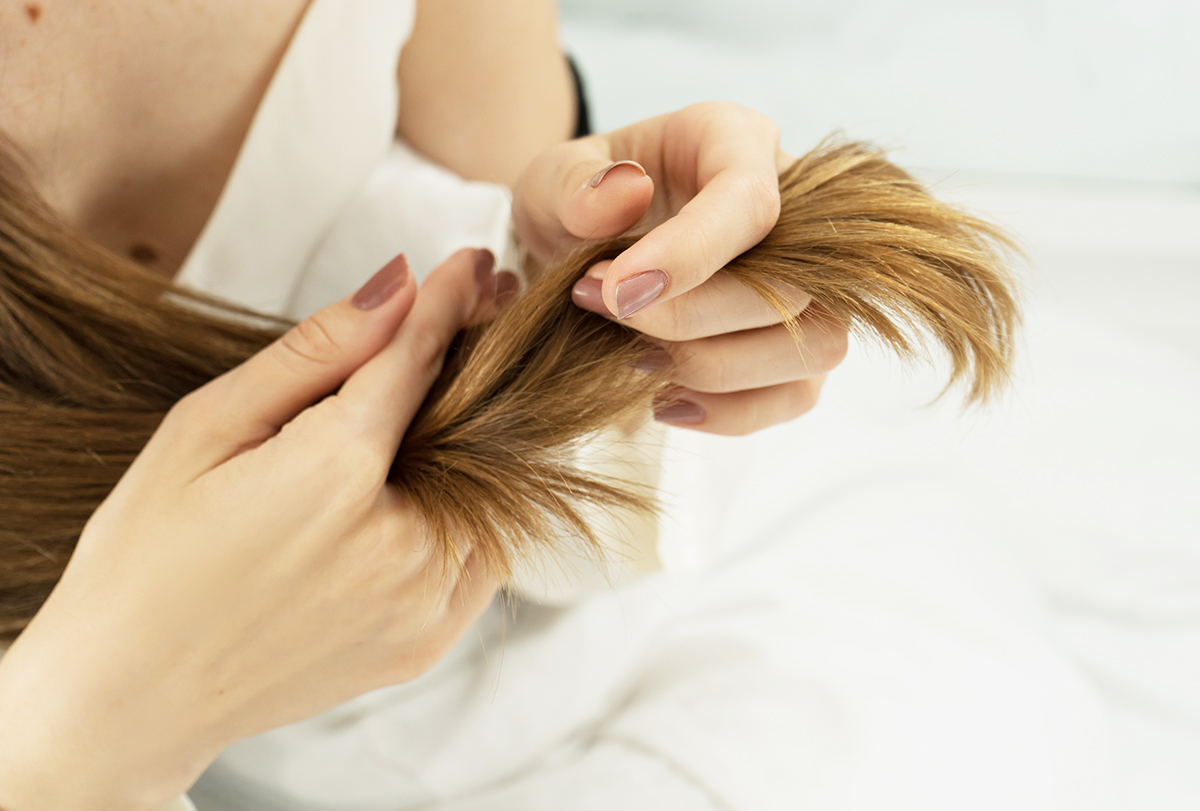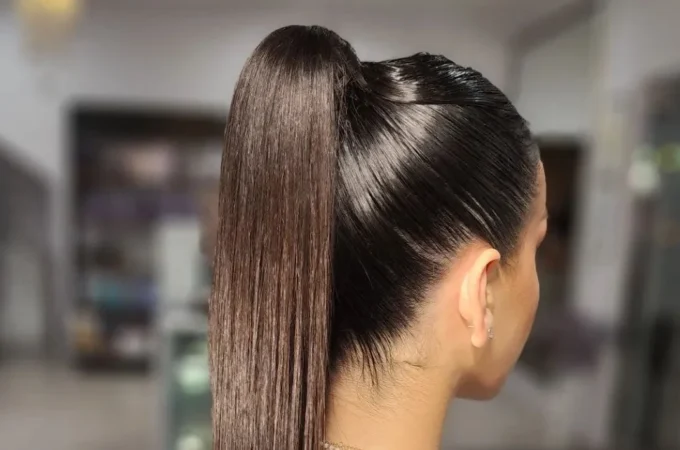
How Hormones Affect The Growth Of Your Hair
A sudden change in your hair growth patterns can be worrying. Hair thinning or loss can negatively impact your life by lowering your confidence levels. Hormones are the usual culprit for sudden changes in hair growth patterns for both men and women.
At Melbourne hair restoration, we understand the importance of comprehending what your hair is going through and how you can fix it.
Men and women experiencing hair loss or thinning due to hormones have several treatment options available to them. This article explains how hormones affect your hair growth and recommends ways to manage or treat your hair growth changes.
What Are Hormones?
Hormones are chemicals responsible for sending messages between different parts of the body. They are transported through the bloodstream. Hormones affect all physiological activities like growth, appetite, fertility, puberty, etc. Hair growth is one of the many things in your body controlled by hormones.
Hormones need to be produced and eliminated in the proper amounts. Failure to do so may cause several physiological processes to go wrong. Changes in hair growth can be caused by hormone imbalance. Therefore, it is essential to determine the kinds of hormones that affect your hair growth.
How Androgen Hormones Affect Your Hair Growth
Androgen hormones (like testosterone and DHEA), also commonly called male hormones, play a massive role in the growth of your hair. When you have high levels of androgen hormones in your body, e.g. during puberty, you will undergo excessive hair growth. When your androgen hormones are elevated, hair growth may spread across the entire body.
As you age, the natural levels of androgen hormones in your body decrease, and reverse hair growth occurs. You are likely to experience hair loss and thinning at an alarming rate which will then taper off after a while. Hair loss due to aging isn’t much to worry about healthwise since there are cosmetic options available to handle it.
Hypothyroidism And Hair Growth
Hormones produced by the thyroid gland (located on the front side of the neck) play a vital role in hair growth. Hypothyroidism is an illness where your thyroid is not active enough and cannot produce sufficient thyroid hormones. Hypothyroidism slows down your natural processes, e.g. metabolism and hair growth. The body often prioritizes cutting down on the least essential physiological function, and therefore hair growth is amongst the first on the chopping block.
How Oestrogen Hormones Affect Your Hair Growth
In sufficient quantities, female hormones like oestrogen and progesterone nourish hair growth. These hormones affect the overall health of your hair by extending its growth phase and preventing shedding. Women often go through peak levels of estrogen production during puberty and when pregnant.
The natural ageing process causes a steady decline in female reproductive hormones’ production, which negatively affects hair growth. Menopause causes women to undergo hair loss and thinning like that experienced during the postpartum hormone imbalance; however, menopausal hair loss and thinning is usually permanent.

Handy Tips To Keep Your Hormones In Check
There are many ways you can maintain your hormones at an optimum level without requiring professional help. Maintaining a healthy lifestyle and developing certain habits is a sure way to naturally help your body regulate hormones. You should keep yourself well hydrated and eat a diet rich in fibre.
Hormone regulation is also maintained by promoting liver health. The liver is mainly responsible for the production and regulation of the majority of our hormones. Avoiding stress is a critical factor in maintaining your hormone levels. Stress throws your entire system into survival mode, and this often affects hormone regulation and excretion.
Find The Right Hair Restoration Professional
If you experience changes in your hair growth patterns and suspect hormonal imbalance to be the cause, then it is best to consult your doctor before buying miracle cures from the internet. Your doctor will be able to access your medical records and assess your hair growth situation before recommending a treatment option. Hair restoration professionals are trained to deal with various conditions and find the best way to achieve the desired outcome.
When shopping for a hair restoration professional, consider using a referral from a trusted source like a friend or relative. Another option is to check out online reviews of the various doctors offering the services in your area.




